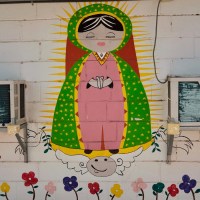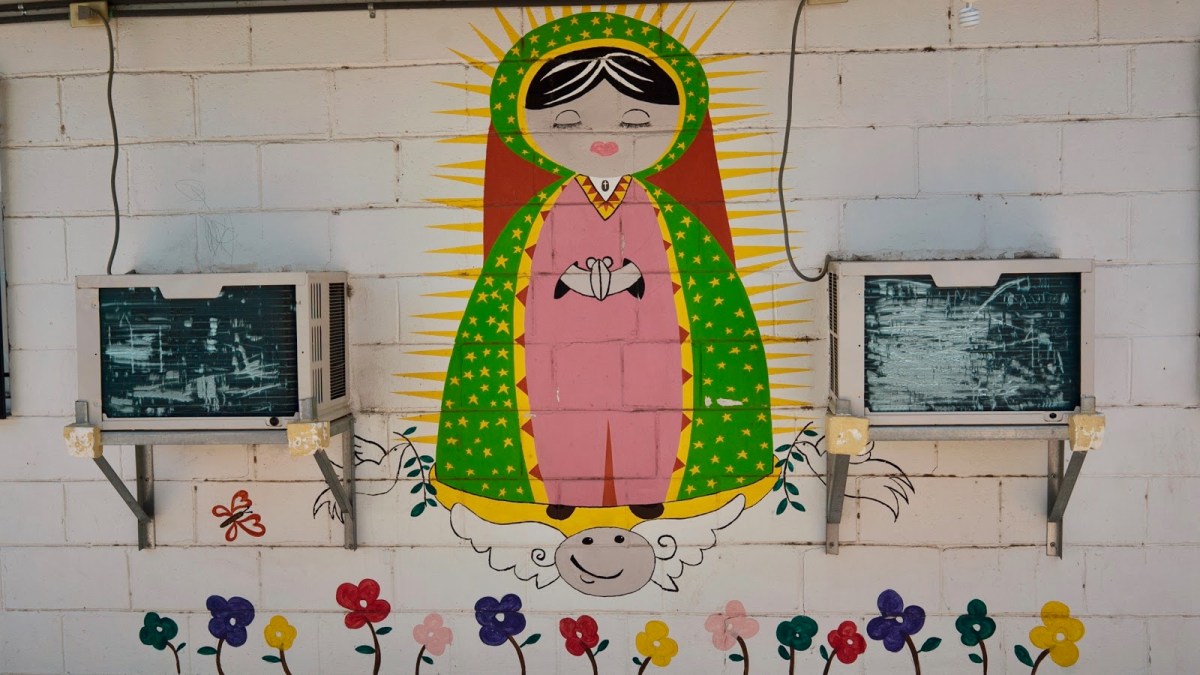The people on the frontlines of conflict or crisis—the people living and breathing the situation, whether they’re working to find a solution or stuck in the middle of the problem—they know best what is needed.
They know intimately what resources they are missing, what gaps exist in the system, where they are falling through the cracks.
That’s why our first response isn’t food, water, or other aid. It’s listening to those we serve. Whether they’re in Iraq, Syria, or the US-Mexico border.
We’re here on the frontlines of the asylum seeker crisis, listening obsessively—because long-term, sustainable solutions, they come from those on the ground. From local communities, people, and organizations already rooted here.

One of the first needs we heard about from our friends El Paso was for essential supplies to help asylum seekers get through their first few days in the US, before they are placed with a sponsor family to await their asylum hearing. You showed up to meet this need. You stepped in and provided backpacks full of emergency supplies that have already helped 1,500 asylum seekers and stocked shelters with more supplies for weeks to come. Thank you.
We are continuing to listen in El Paso, and across the border in Ciudad Juarez, where the need is growing exponentially.
We are preparing to expand our work on this side of the border as well, with the aim of providing long-term shelters in Juarez with food, supplies, and support.
We’re also pursuing opportunities to provide legal assistance to asylum seekers who are now being forced to wait on the Mexico side—they can’t go forward, but they can’t go back either.
The feeling of hopelessness is pervasive here. Desperation is growing. Which is why we’re digging in on both sides of the border, working with local partners, building sustainable, long-term solutions to help meet the unique needs of this place.
To bring relief where there is none. To help families find hope. To disrupt the cycle of violence and desperation felt by families left without options.


